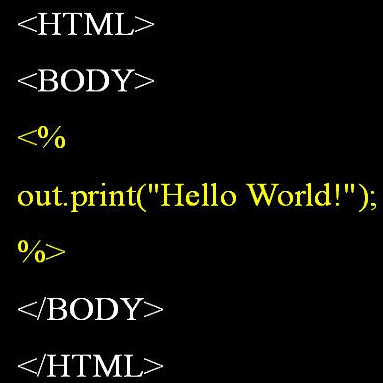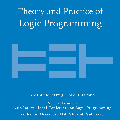The representation of a dynamic problem in ASP usually boils down to using copies of variables and constraints, one for each time stamp, no matter whether it is directly encoded or via an action or temporal language. The multiplication of variables and constraints is commonly done during grounding and the solver is completely ignorant about the temporal relationship among the different instances. On the other hand, a key factor in the performance of today's ASP solvers is conflict-driven constraint learning. Our question is now whether a constraint learned for particular time steps can be generalized and reused at other time stamps, and ultimately whether this enhances the overall solver performance on temporal problems. Knowing full well the domain of time, we study conditions under which learned dynamic constraints can be generalized. We propose a simple translation of the original logic program such that, for the translated programs, the learned constraints can be generalized to other time points. Additionally, we identify a property of temporal problems that allows us to generalize all learned constraints to all time steps. It turns out that this property is satisfied by many planning problems. Finally, we empirically evaluate the impact of adding the generalized constraints to an ASP solver. Under consideration in Theory and Practice of Logic Programming (TPLP).
翻译:暂无翻译



